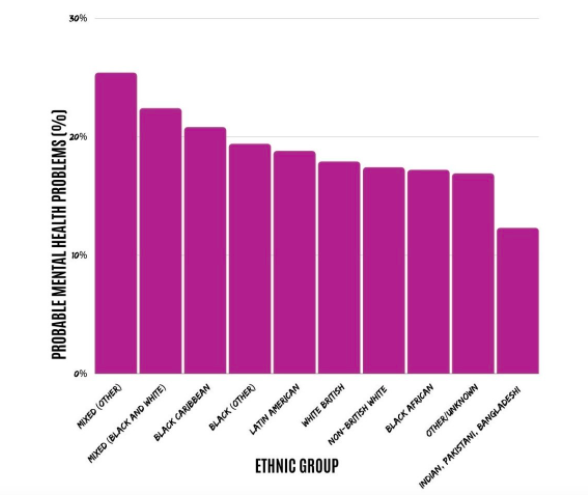|
The REACH Study
REACH findings so far...Social distancing, remote learning, changes to exams, economic impacts, and the fear of the unknown because of COVID-19 have all been challenging for young people. From differences in school routine to working from home, we are all experiencing this ‘new normal’ together. However, if you have found yourself struggling during this time, the REACH team have put together a few tips that you might find useful; simply scroll down to our previous post where you can read all about them. We know you have all been waiting patiently to find out what we have learned from The REACH Study and how your valuable contributions have shaped our research. The first REACH paper highlights some of our findings on how common mental health problems are and has just been published, which means we are now able to share them with you! The REACH Study is interested in understanding the best ways to promote good mental health and wellbeing amongst young people, particularly those from diverse backgrounds. From February 2016 to January 2018, 4,353 secondary school pupils took part in an annual questionnaire which asked them all about their experiences and mental health. Based on these questionnaires, we have found: 18.6% OF PUPILS HAD DIFFICULTIES WITH MENTAL HEALTH That’s 1 in 5 people… or 6 in your class of 30! 14.5% LIKELY TO HAVE DEPRESSION13.7% LIKELY TO HAVE ANXIETYMental health difficulties, especially anxiety, were more common amongst girls and those from economically disadvantaged backgrounds (those receiving free school meals). 14.5% HAD SELF-HARMEDWhere there is a big focus on addressing the increasing mental health problems in girls, little attention is often aimed at mental health and self-harm among boys. 12% OF BOYS HAD SELF-HARMED BY THE AGE OF 11-14That's approximately 1 in 8! This highlights the urgent need for understanding and awareness into the mental health of boys. MENTAL HEALTH DIFFICULTIES WERE MORE COMMON AMONGST THOSE WITH A MIXED ETHNIC BACKGROUND (25.4%) That’s 1 in 4 from a mixed ethnic background! CHART TO SHOW HOW COMMON PROBABLE MENTAL HEALTH PROBLEMS WERE BY ETHNIC GROUP The findings from The REACH Study, based on young people living in southeast London, are quite different to those reported nationally. The REACH Study has found that 1 in 5 young people in south London have had difficulties with their mental health, compared with 1 in 7-8 in the UK. The findings so far have implications, not only for research, but for mental health intervention, local services, and policymaking.
As our research findings continue to unfold, it will be important for us to understand the extent to which COVID-19 plays a role in the development of mental health problems among young people from diverse backgrounds. Researching the experiences of young people will help to identify how they can best be supported through adolescence and into adulthood. Make sure to stay tuned for more exclusive information on this research and how you are making a difference in shaping the future of mental health policy and practice! Click here to read the full paper. If you have any questions, send us an email at reach@kcl.ac.uk. In the meantime, why not follow us on our Instagram page and Twitter @thereachstudy for extra special insights, competitions, events and much more!
0 Comments
Leave a Reply. |








